G20 Africa Monitor

The G20 Africa Monitor (G20AM) is a pilot initiative to support the work of the T20 Africa Standing Group and is supported by the GEG Africa programme.
Managing Africa’s rising debt: Time for a multi-pronged approach
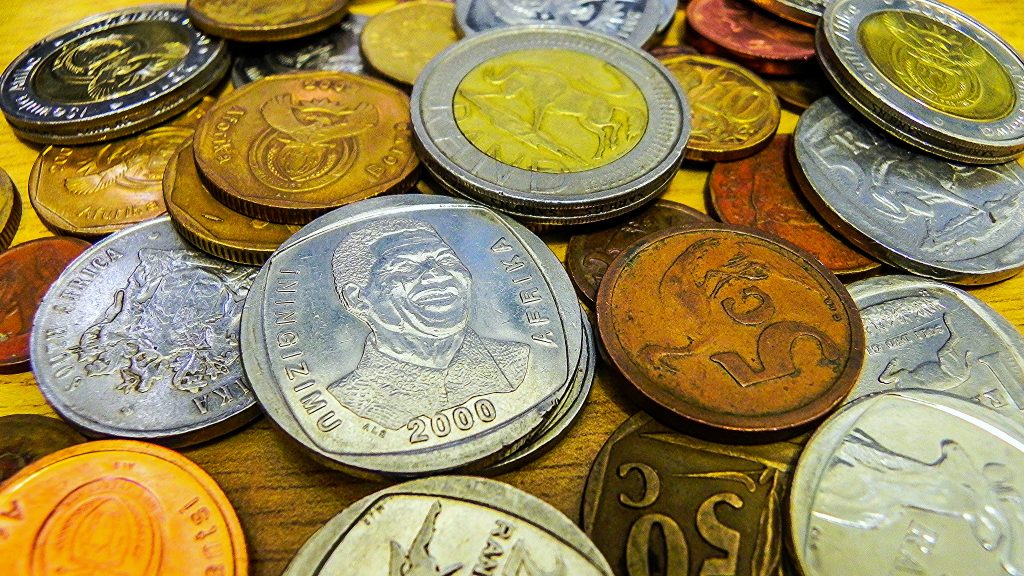
Debt sustainability in Africa has emerged as a key concern among policymakers and development finance institutions (DFIs).
Africa’s rising debt: Implications for development financing and a sustainable debt management approach
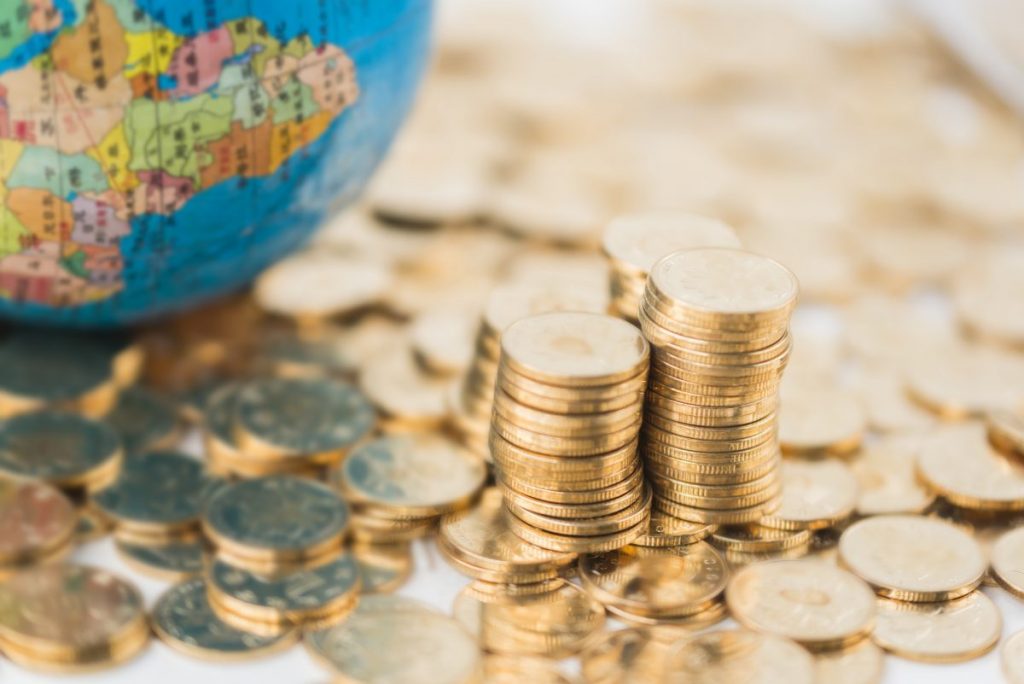
Presently, 19 African countries have exceeded the 60% debt-to-gross domestic product (GDP) threshold prescribed by the African Monetary Co-operation Programme (AMCP) for developing economies, while 24 have surpassed the 55% debt-to-GDP ratio suggested by the International Monetary Fund (IMF).
The case for infrastructure as an asset class
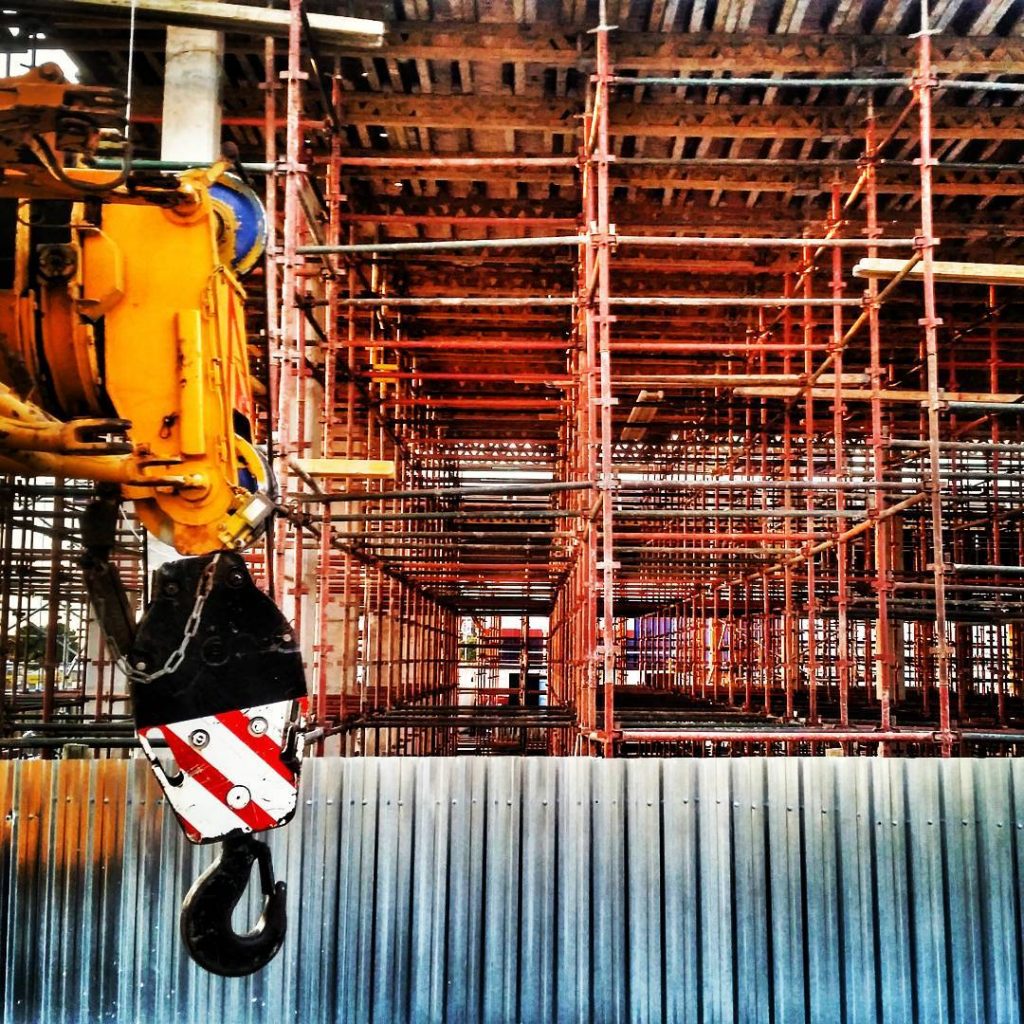
Africa is in dire need of investment in infrastructure, both to tackle its substantial infrastructure deficit and to stimulate stronger and more sustainable economic growth.
Infrastructure as an asset class in Africa
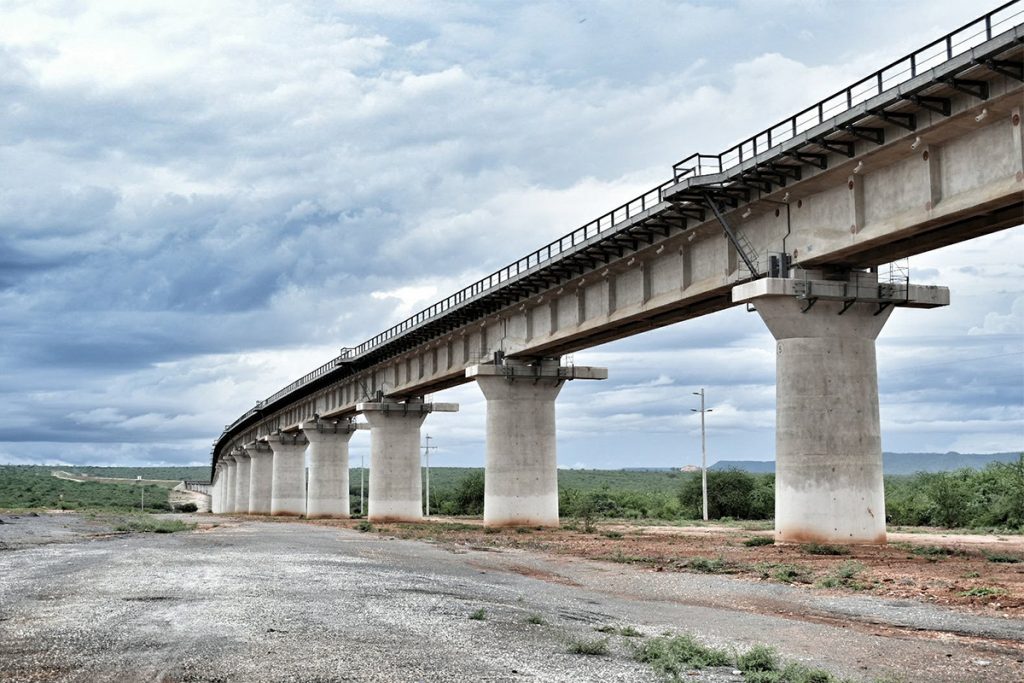
Investment in infrastructure has long been recognised as an important mechanism for fostering economic growth and development.
Border economies: Linkages to the development of trade corridors and regional value chains in SADC
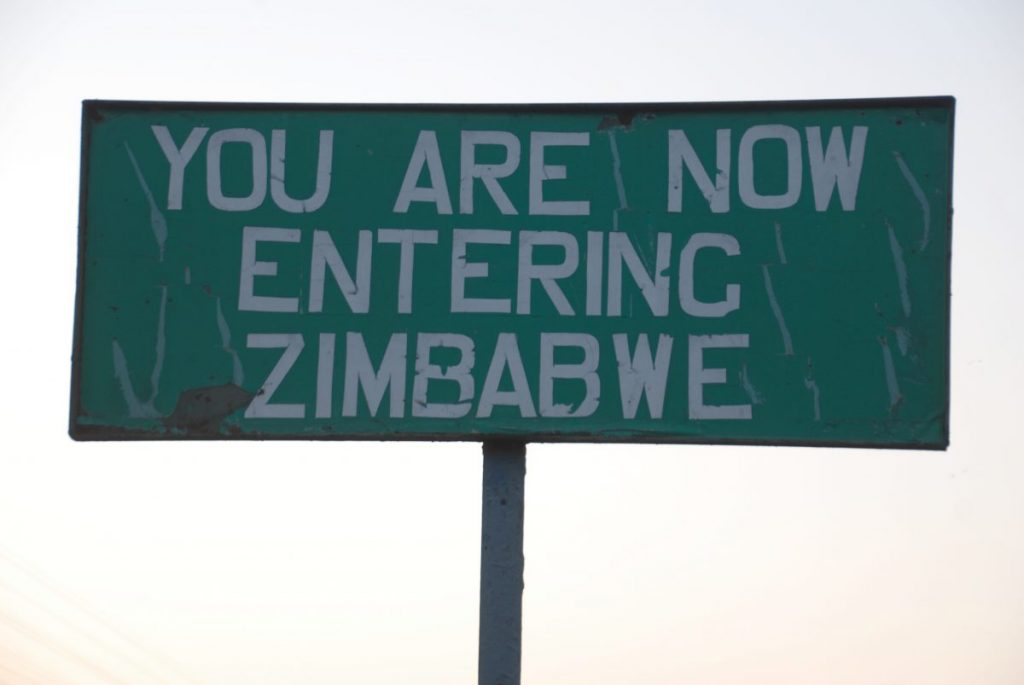
Land borders in the SADC region are critical zones for unlocking economic development, regional value chains and trade.
Policy to support digital trade: Lessons from two emerging economies
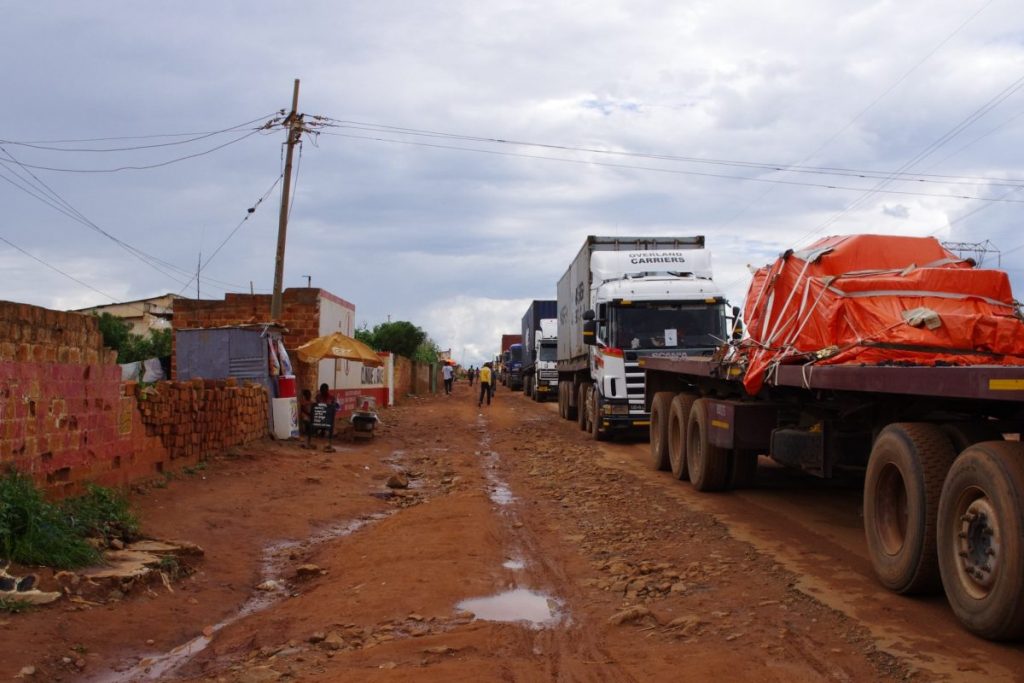
This briefing explores policy experiences in the digital economy and digitalisation through a detailed study of two selected countries, Brazil and Indonesia.
Women and the Energy Value Chain
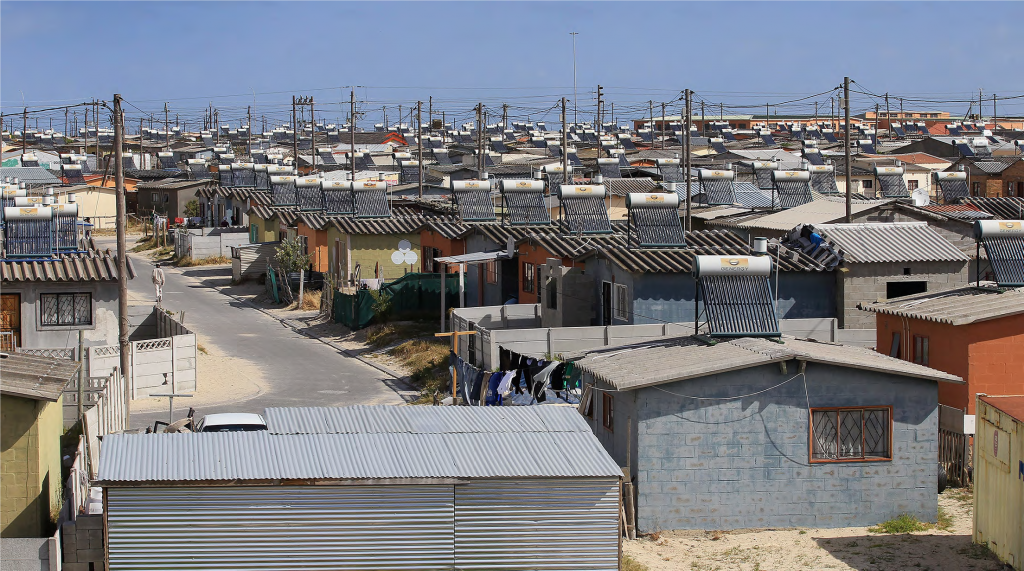
This paper assesses efforts by Rwanda and South Africa to incorporate women into energy value chains, specifically the renewable energy (RE) sector. It looks at the need for sustainable infrastructure development in Africa, as well as the meaningful role women can play through their participation in, contribution to and inclusion in the energy value chain. Rwanda’s solar energy sector and South Africa’s Renewable Energy Independent Power Producer Procurement programme are examined to identify challenges and potential best practices.
Opportunities and challenges in engendering the African energy value chain

This policy briefing draws on the findings of a discussion paper examining South Africa and Rwanda’s efforts to include women in the renewable energy (RE) sector.
Coastal tourism and economic inclusion in Indian Ocean Rim Association states
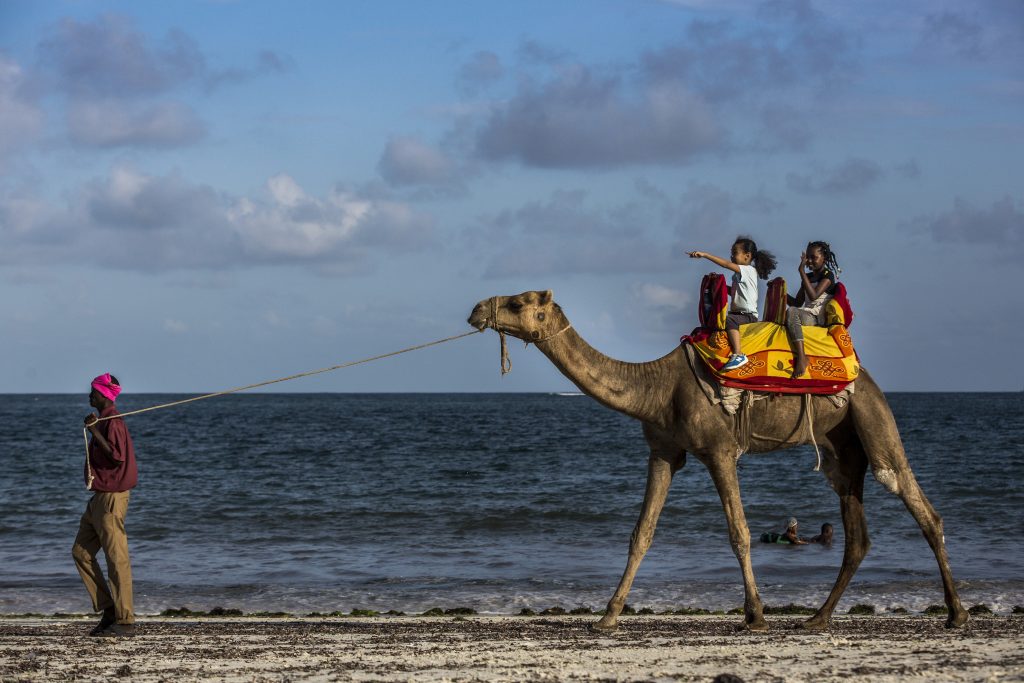
The inclusiveness of tourism development is coming under close academic and policy scrutiny, including in policy debates within the Indian Ocean region through the Indian Ocean Rim Association (IORA).
